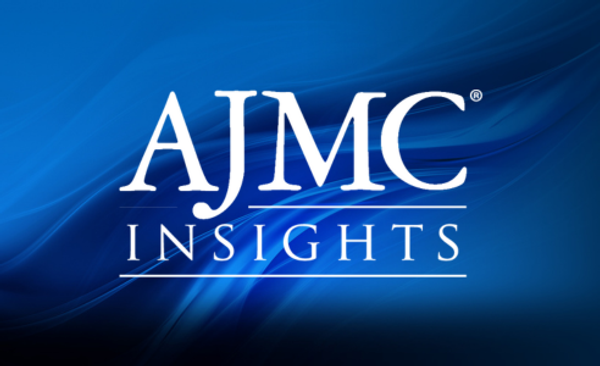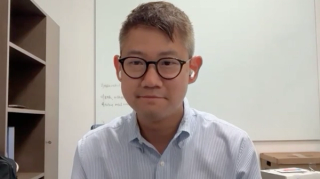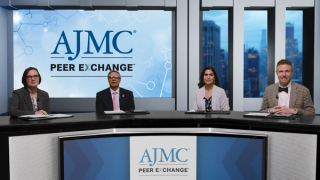
Multiple Myeloma
Latest News

Latest Videos

More News
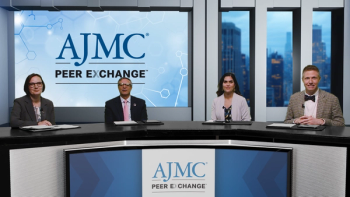
Panelists discuss how autologous stem cell transplant remains essential in frontline multiple myeloma management despite improved quadruple therapy outcomes, emphasizing that current evidence still supports transplantation for eligible patients rather than deferring it.
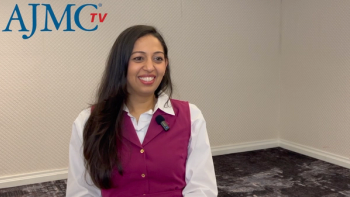
Mansi Shah, MD, discusses the role of stem cell transplant in multiple myeloma (MM) and the logistical barriers to wider adoption of bispecific therapies.
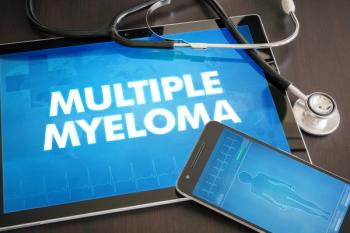
A meta-analysis suggests allogeneic stem cell transplantation (allo-SCT) should not be recommended following first-line autologous stem cell transplant (auto-SCT).


Novel therapies for multiple myeloma (MM), including chimeric antigen receptor T-cell and bispecific antibodies, extend lives but raise concerns about treatment costs and adherence, and they haven't replaced stem cell transplantation, Harsh Parmar, MD, of Hackensack University Medical Center, explains.

Pieter Sonneveld, MD, PhD, professor of hematology and chair of the Erasmus MC Cancer Institute in Rotterdam, Netherlands, discussed the continued use of subcutaneous daratumumab following initial treatment, as well as the changing landscape of multiple myeloma treatment.

Pieter Sonneveld, MD, PhD, chair of the Erasmus MC Cancer Institute, discussed the findings of a study modeling long-term progression-free survival (PFS) in patients with multiple myeloma (MM) treated with a daratumumab quadruplet regimen.
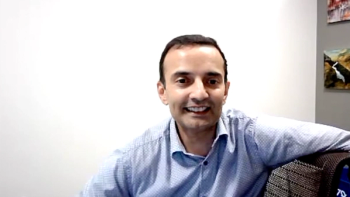
Because clinical trials do not mimic the real-world application of multiple myeloma treatments, Ajai Chari, MD, discussed the variety of patient factors clinicians should consider in their practice.
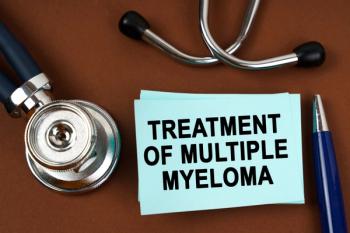
When it comes to treating multiple myeloma (MM), Ajai Chari, MD, argued that more is not always better. More intense treatment regimens, or those with more drugs, don't necessarily guarantee better outcomes.

Addressing the accessibility and high costs of chimeric antibody receptor (CAR) T-cell and bispecific therapies is crucial for maximizing their impact in multiple myeloma (MM).
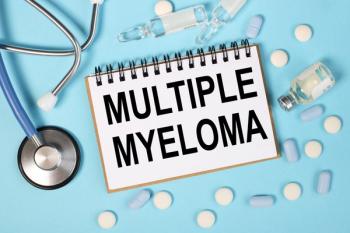
Several studies have been conducted, but questions remain about where such therapies will fit into multiple myeloma treatment strategies.

The study highlights the importance of including patient self-assessment—and not just clinician assessment—when planning treatment in multiple myeloma.

For higher-risk multiple myeloma (MM), successful patient selection and monitoring strategies are vital for the management of adverse events and the disease itself.

Ajai Chari, MD, stresses the importance of making bispecific therapies more accessible at the community level to improve outcomes in multiple myeloma.

Ajai Chari, MD, University of California San Francisco, explores the challenges that accompany integrating chimeric antigen receptor (CAR) T-cell therapies into multiple myeloma treatment.

Patients who did not complete a distress screener were also less likely to receive autologous stem cell transplants.
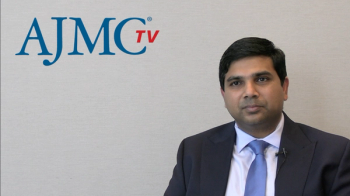
More cost-effectiveness studies evaluating bispecific antibody or chimeric antigen receptor T-cell therapies are necessary for enhancing care in myeloma and lymphoma.

Therapy timing, patient factors, and emerging combination interventions are guiding treatment decisions in multiple myeloma and lymphoma.

Reducing intravenous (IV) isatuximab delivery from 75 minutes to 30 minutes could provide a wealth of benefits to patients with multiple myeloma (MM) and health care systems alike.
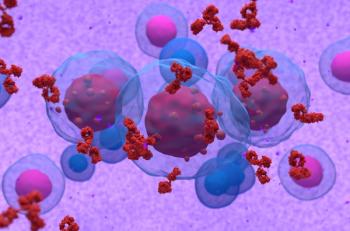
The Connect MM Registry is the longest-running and largest registry in the US, providing invaluable prognostic insights into various patient and disease characteristics.
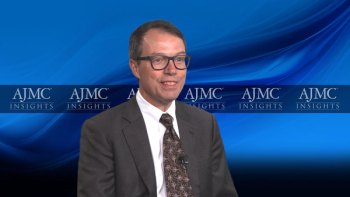
Jeffrey V. Matous, MD, discusses how best practices in transitioning care between academic and community centers can enhance patient outcomes when receiving bispecific antibodies, and the critical role managed care organizations play in facilitating cost-effective integration of these therapies into community settings through optimized partnerships.

Jeffrey V. Matous, MD, discusses how telehealth and remote monitoring can enhance the safe administration of bispecific antibody therapies in community settings, especially for rural or underserved populations, while emphasizing the importance of communication and collaboration between academic and community practices to improve delivery and coordination of care.

Jeffrey V. Matous, MD, discusses how primary barriers to the widespread use of bispecific antibody therapies in community practices can be addressed through innovative care models, while reflecting on key insights from ASH 2024 abstracts that could guide broader adoption of these therapies in community settings.
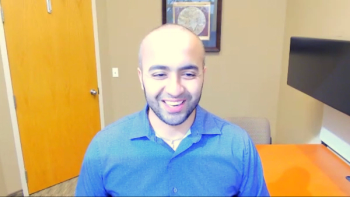
Bispecific antibodies have altered the multiple myeloma (MM) treatment landscape, but some practices still lack enough familiarity with these therapeutics to deliver them in outpatient settings.




